Y
Could you tell u s a bit more about yourself ?
“
Which companies can rely on your support, and what is your c urrent role ?
“Over the past 10 years, I have had the privilege to work for quite a few great companies, especially in the high-tech industry. Think of Philips, ASML, and Thermo Fisher Scientific. I provide training sessions and work for clients on a project basis. These trainings encompass Physics of Failure: what is the failure mechanism of a product? I also offer a Root Cause Analysis training, and RF1 trainings will soon be added to the list as well. During these training sessions, participants learn all about predicting product reliability, based on field and test data.”
Our Data Science for Reliability and Root Cause Analysis Seminar will take place on October 14, 2021. Read more
What are the most important Reliability issues?
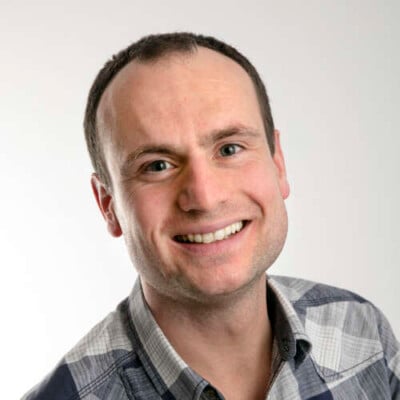
Which methods help bring companies forward?
“It differs. Every issue requires a customized approach. It also depends on the phase in which the product currently is. Does the product need to be reliable, and do you already wish to anticipate during product development? If so, then we start off establishing product and reliability standards. The method applied during this phase is called Design for Reliability (DfR). Using a Failure Mode & Effect Analysis (FMEA), we identify failure risks and the effects associated.
It could just as well be that you have already developed a product that has not yet been delivered. Its reliability still needs to be proven. A client then often wishes for a test plan. We will identify the most important failure mechanisms prior to performing the test if this has not been done yet. This sometimes requires additional Reliability procedures.
Some organizations experience difficulty after launching a product. Understandably, they want to know how this could have happened and what they can do to solve the problem. Our approach is as follows: we first carry out an analysis to map out the severity and extent of the problem. If desired, we carry out an additional Root Cause Analysis through experimentation. This helps us determine the cause. As it could be either a quality or reliability issue, for example.”
What was your favorite project?
“That must have been my very first project, at a company in Nieuwegein. Here I contributed to the development of an aviation cooking device. The client wanted a test plan. We made a careful assumption of the environmental conditions to which the device would be exposed. We had not received all the necessary information from the client, and eventually received a phone call from the test center informing us that the device was in test mode: it had malfunctioned. Our careful assumption resulted in severe testing. In the end, we trained the employees of the organization. They now have their own Reliability department and perform tests at component level. This helps them identify the cause of product malfunction much better.''
'We helped the company get on track; they can now do it themselves. I think it is great that I could contribute to this as well.”
Get advice
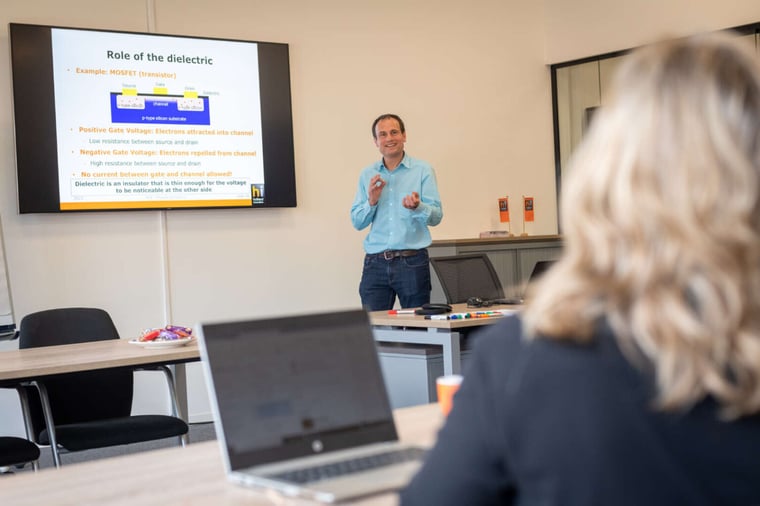


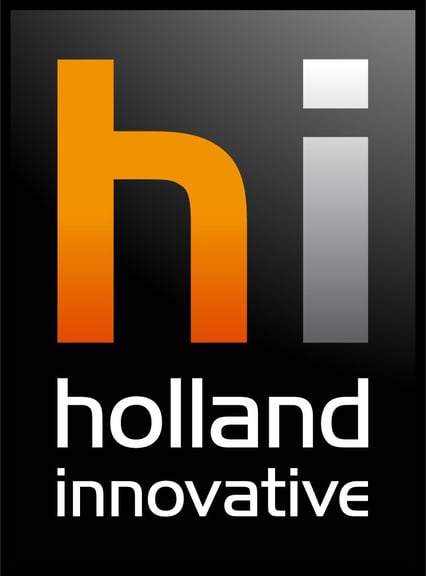
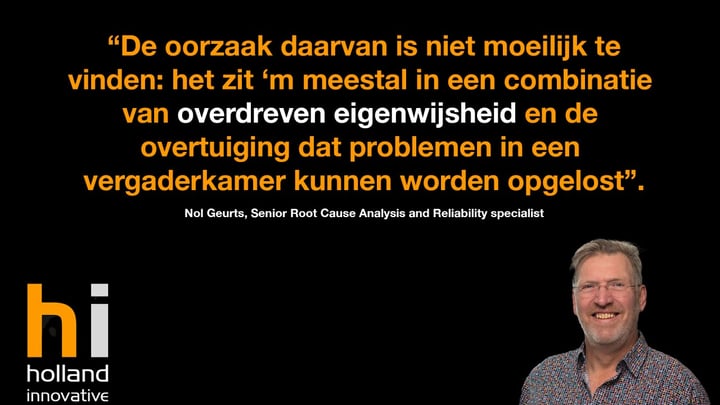
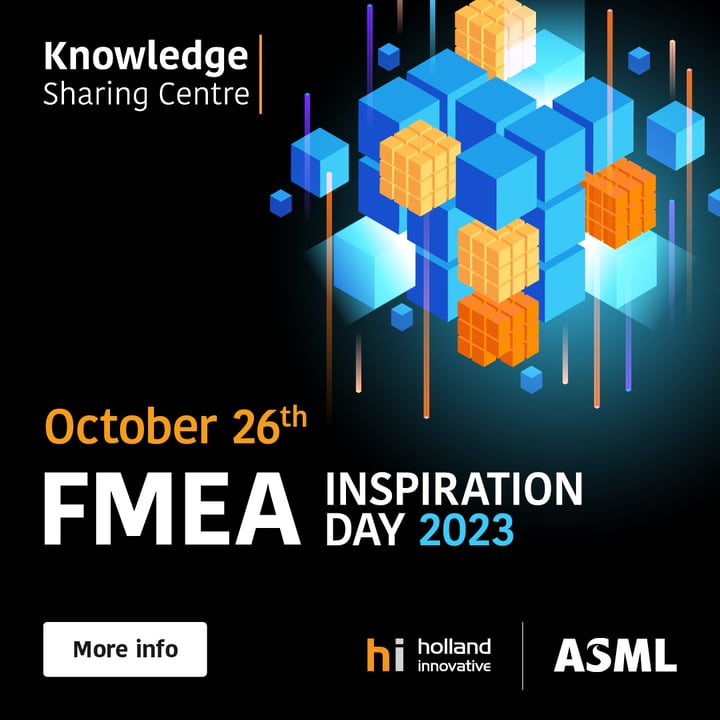
.jpg?width=200&name=Holland%20Innovative%20summer%20academy%20-%20Project%20Management%20Masterclass%202%20(2).jpg)